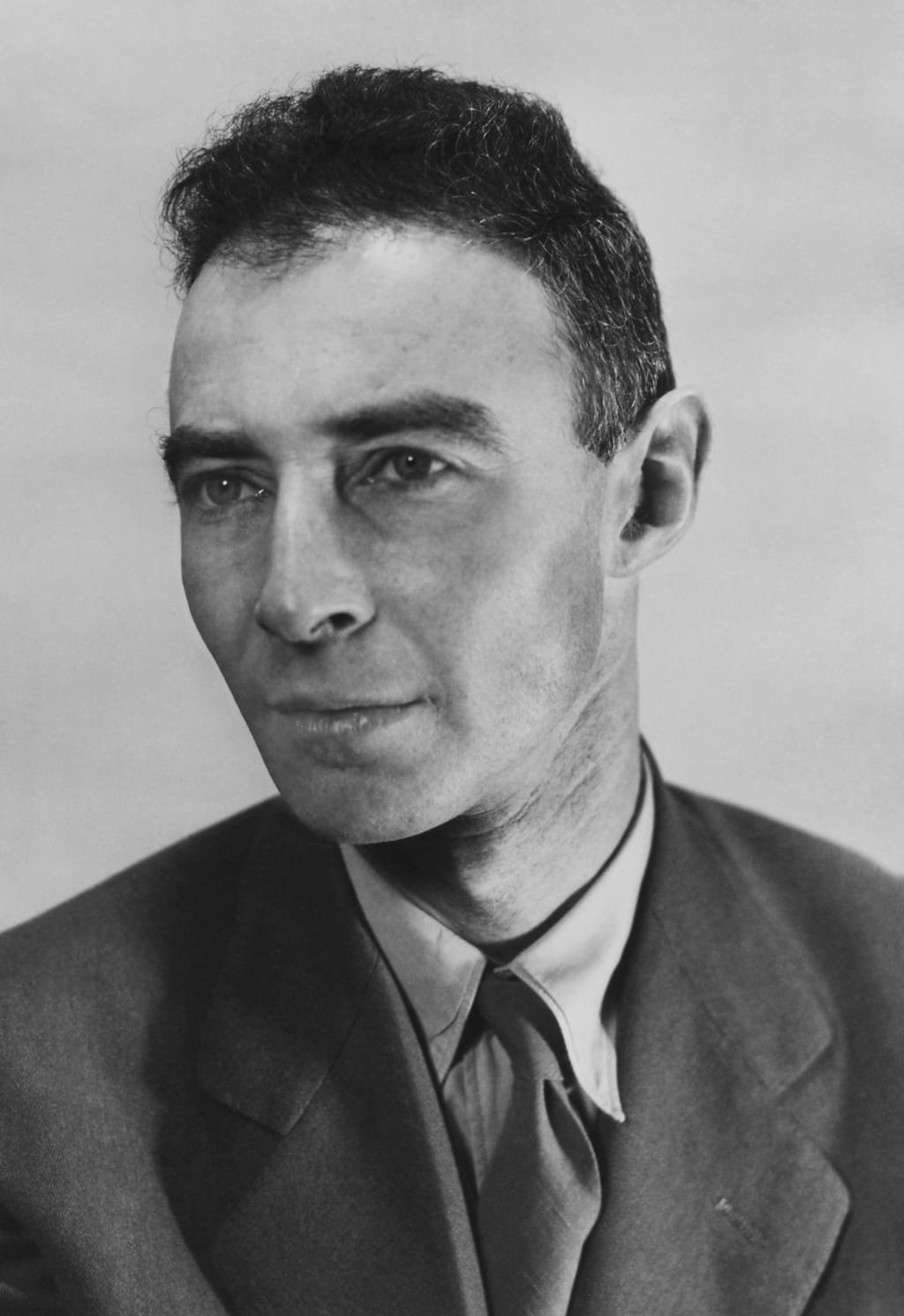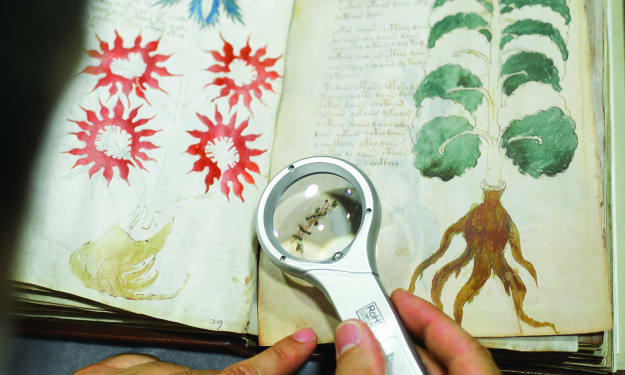
It was a moment that would transform the world forever. The first nuclear explosion in human history successfully went off, ushering in the atomic age and changing the course of humanity. As the awe-inspiring blast filled the sky, a quote from the ancient Hindu text known as the Bhagavad Gita came to mind, "Now I am become death, the destroyer of worlds." This momentous event would not have been possible without the brilliant mind of J. Robert Oppenheimer, the father of the Atomic Bomb. But who was Oppenheimer, really? Was he a merchant of death, the creator of the deadliest weapon of all time? Or was he a principled scientist hoping to prevent future wars? The answer is far from simple, and to understand the truth, we must journey back to the beginning of Oppenheimer's remarkable life.
Born on April 22nd, 1904, in New York City, Oppenheimer came from a non-observant Jewish family. His father, a wealthy textile importer who had immigrated to America from Prussia, and his mother, a painter, provided him with a privileged upbringing. The family resided in an impressive apartment on the Upper West Side, adorned with some of the most famous works of art in the world. However, their legacy would not be in art but in science.
Oppenheimer's education started at the Ethical Culture Society School, a progressive institution with a focus on ethics and fostering greatness in its students. J. Robert excelled in academics, particularly in mineralogy and chemistry. Skipping several grades, he entered Harvard University at the young age of 18. A bout of serious illness delayed his plans for a year, but he finally made it to Harvard, where he aggressively pursued advanced chemistry courses and graduated with honors in just three years.
After Harvard, Oppenheimer embarked on a journey to England, enrolling at the University of Gottingen to study under the renowned physicist Max Born, often regarded as the father of quantum mechanics. Despite excelling in his studies, Oppenheimer faced growing intolerance in Nazi Germany as a Jewish man, prompting his eventual return to the United States.
Back in the US, Oppenheimer's career took off, and he became a prominent physicist and academic. He held positions at various universities, including the University of California, Berkeley, where he taught and conducted groundbreaking research. During this time, he met his future wife, Katherine "Kitty" Puening, a renowned biologist and radical activist.
As World War II erupted, the US government recognized the urgent need to develop an atomic bomb. Oppenheimer was enlisted to lead the top-secret Manhattan Project, a mission to create the first nuclear weapon. With sheer determination and scientific brilliance, Oppenheimer and his team successfully designed and tested the first atomic bomb. This achievement, while instrumental in ending the war, left Oppenheimer with conflicting emotions. The words from the Bhagavad Gita haunted him, and he grappled with the ethical implications of his creation.
As the war ended and the Cold War with the Soviet Union began, Oppenheimer's views clashed with the US government's approach to nuclear weaponry. He advocated for international control of nuclear arms to prevent an arms race and worked towards global disarmament. These stances, coupled with suspicions of his alleged ties to the Communist Party, led to his security clearance being suspended and his government work curtailed.
Oppenheimer found solace at the Institute for Advanced Study in Princeton, where he continued his research and writing. Despite his efforts to contribute to the anti-nuclear movement, his reputation remained complex. He died in February 1967, leaving behind a legacy that continues to be debated to this day.
J. Robert Oppenheimer was undoubtedly a brilliant physicist who played a pivotal role in the development of nuclear weapons. His actions during World War II saved lives and helped secure victory for the Allies. However, the moral dilemma of creating such destructive power weighed heavily on his conscience. He became an advocate for peace and disarmament, but his opposition to the growing nuclear arsenal clashed with the government's agenda during the Cold War, leading to his downfall in government circles.
Today, J. Robert Oppenheimer is remembered as a man who pursued knowledge and answers relentlessly, leading to both great achievements and profound consequences. He serves as a cautionary tale, reminding us of the far-reaching impact of scientific discoveries and the responsibilities that come with wielding such power. His life is a reminder of the complex interplay between science, ethics, and the human condition.
About the Creator
Andrew
I really enjoy branching out and learning new and interesting things about the world around me and the history behind it. I try very hard to keep an open mind and dig as far down as the rabbit hole goes.





Comments
There are no comments for this story
Be the first to respond and start the conversation.